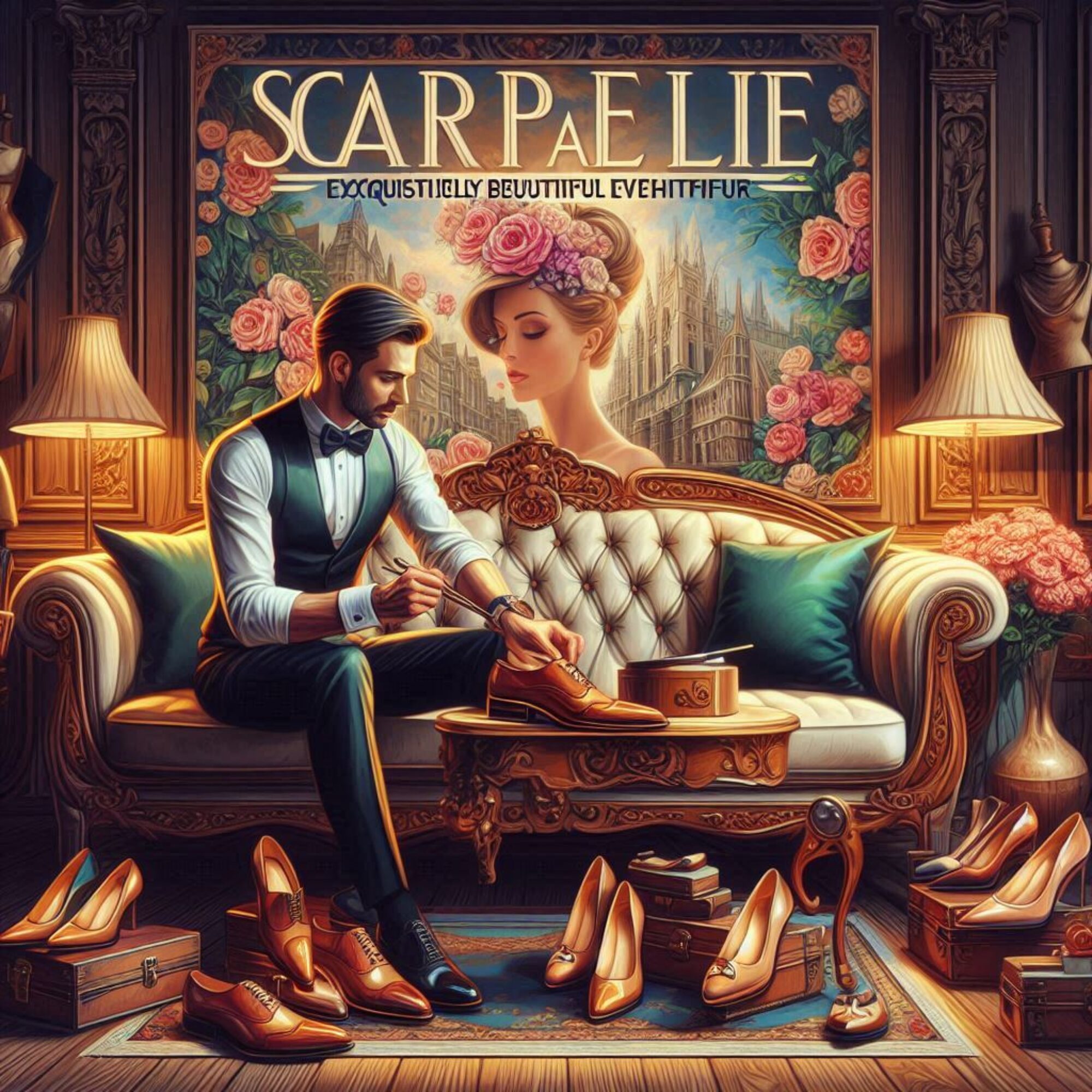Bespoke Shoemakers
Bespoke shoemaking dates back centuries and has always been a symbol of craftsmanship, luxury, and individuality. Unlike mass-produced shoes, bespoke ones are tailored to fit the unique contours of each foot, offering unmatched comfort and style. This section delves into what makes bespoke shoes an art form.
The history of bespoke shoemaking is fascinating. It stretches back to a time when shoemakers were essential to everyday life, creating durable and personalized footwear for their clients. Over the centuries, the craft has evolved significantly, incorporating new techniques and materials while still retaining its core principles.
Creating a bespoke shoe begins with the consultation. This initial meeting involves understanding the customer’s preferences, foot structure, and any specific requirements. Detailed measurements are taken, ensuring that every curve and nuance of the foot is considered. This personalized approach ensures a fit that mass-produced shoes can’t offer.
The process is both intricate and meticulous. After the consultation, the shoemaker creates a customized last, a blueprint in the shape of the client’s foot. The lasts are then used to mold the leather. Hand-stitching, assembling, and refining follow. Each step demands precision and attention to detail. From the selection of premium materials to the final polish, every aspect is handled with care.
The tools and materials used in bespoke shoemaking add to its unique charm. High-quality leathers, often sourced from the best tanneries globally, are chosen for their strength and beauty. Traditional tools like the awl, hammer, and knife play a crucial role. These tools haven’t changed much over the centuries, and using them is a testament to the shoemaker’s expertise and dedication to the craft.
Many notable shoemakers have left their mark on the history of bespoke shoemaking. Masters like John Lobb, who made shoes for royalty and celebrities, or Salvatore Ferragamo, known for his innovative designs, exemplify the art’s significance. Their contributions have influenced generations of shoemakers, passing down invaluable knowledge and enhancing the craft.
Choosing bespoke shoes means choosing unparalleled fit and comfort. Each pair is a reflection of the wearer’s personality and style preferences. Bespoke shoes also offer longevity. With proper care, they can last for decades, outliving many pairs of factory-made shoes. This makes them not just a purchase but an investment in quality and timeless elegance.
Modern-Day Bespoke Shoemakers: Revolutionizing Tradition
Today’s bespoke shoemakers blend tradition with modern-day innovations, pushing the boundaries of what customized footwear can be. They build on the rich history while introducing fresh techniques and perspectives. Let’s explore this fascinating evolution and see how contemporary shoemakers are redefining luxury footwear.
Contemporary bespoke shoemakers bring their unique styles and philosophies to the craft. Names like Gaziano & Girling, Foster & Son, and Berluti are synonymous with innovation and excellence. These modern artisans don’t just replicate age-old techniques; they inject their personal flair into every pair of shoes. Whether it’s intricate broguing, unconventional materials, or daring color combinations, today’s bespoke shoemakers are true artists.
Technology has become a significant part of bespoke shoemaking. While the essence of handcrafting remains unchanged, tools like 3D foot scanners and computer-aided design (CAD) are revolutionizing the process. These technologies allow for even more precise measurements and customizations. By integrating tech, shoemakers can create a perfect fit with less trial and error. This seamless blend of tradition and innovation ensures that each pair of shoes is both a masterpiece and a perfect fit.
Sustainability is another area where modern bespoke shoemakers are making strides. There is a growing emphasis on ethical sourcing and eco-friendly practices. Shoemakers are increasingly mindful of the origin of their materials and the environmental impact of their processes. Sustainable practices include using vegetable-tanned leathers, natural dyes, and recycled materials. Opting for bespoke shoes means supporting artisans who prioritize environmental responsibility.
Customer testimonials reveal the deeply personal experiences of owning bespoke shoes. Many customers describe the process as transformative, emphasizing the attention to detail, quality, and the satisfaction of wearing shoes that perfectly align with their style and comfort needs. It’s more than just buying a product; it’s about participating in a tradition that values individuality and artistry.
Looking forward, the future of bespoke shoemaking appears promising and dynamic. Trends like wearable technology, increased focus on sustainability, and greater accessibility to bespoke services are set to shape the industry. With a solid foundation in tradition and a keen eye on innovation, bespoke shoemakers are positioned to keep transforming and elevating the art of shoemaking.


